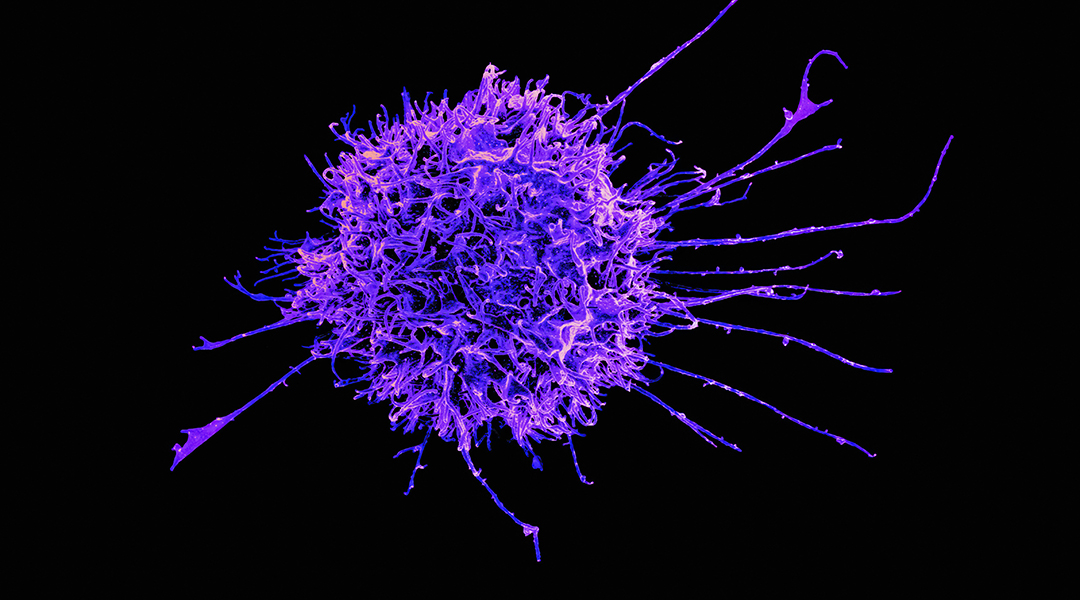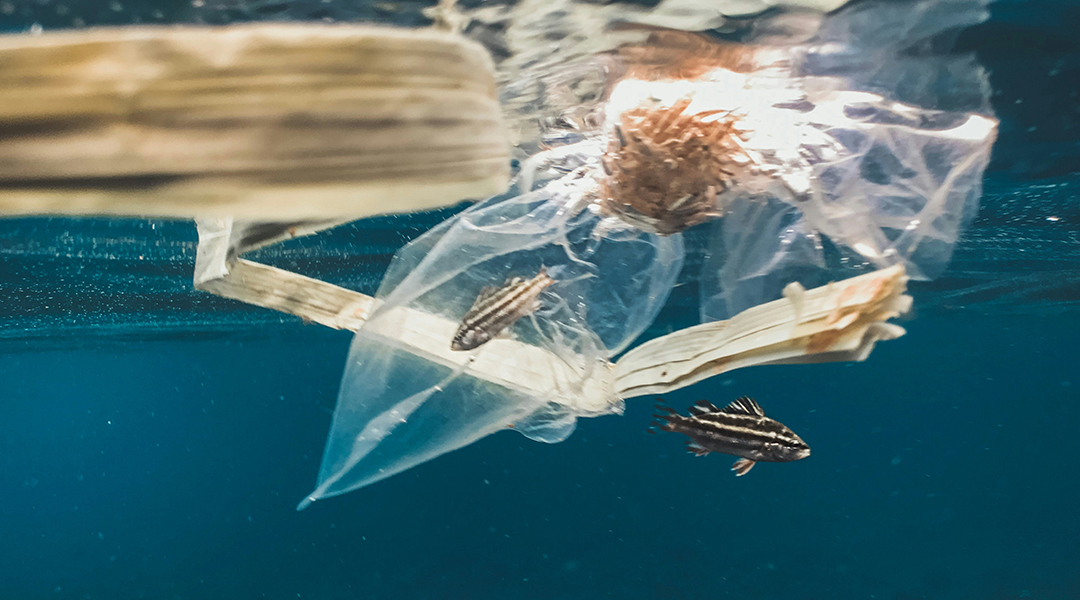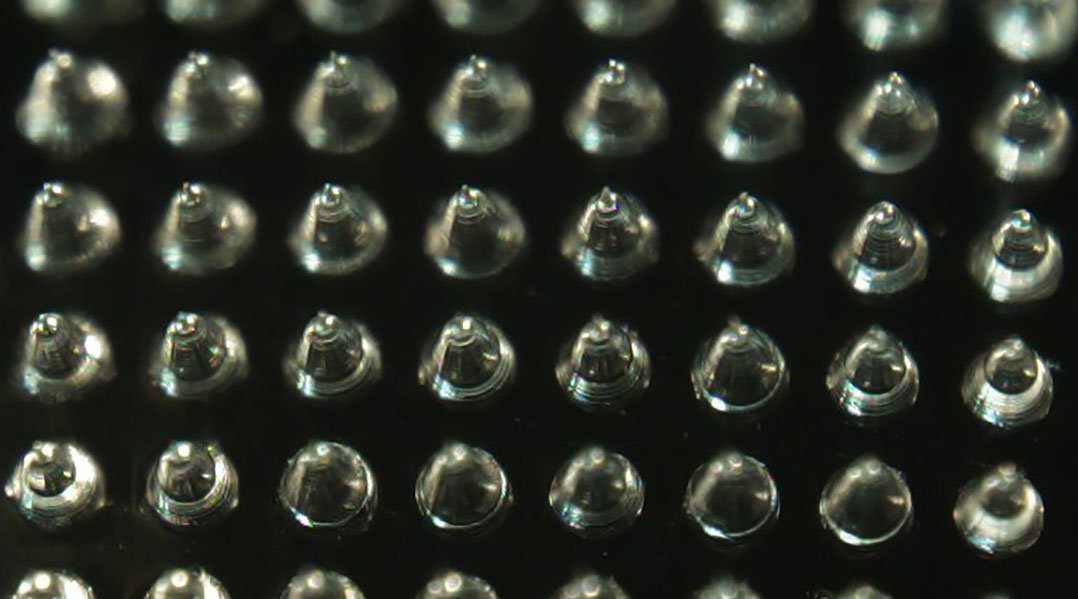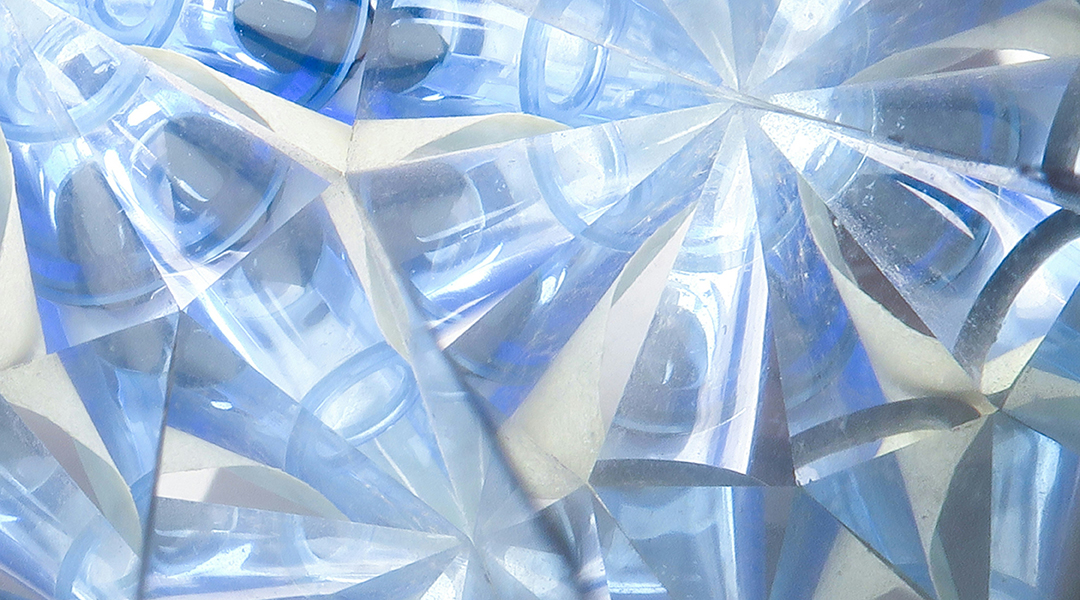A new battery design could overcome obstacles to making batteries with more energy storage capacity and a lower environmental footprint.



A new battery design could overcome obstacles to making batteries with more energy storage capacity and a lower environmental footprint.

Monarch butterflies have inspired the design of 3D-printed robotic wings that rely on magnetic fields to generate their delicate movements.

Scientists have developed a process to recycle carbon fiber into valuable chemicals with the help of fungi.

A new link between what cells feed on and their gene activity could have huge implications in cancer research and beyond.

Data from over 300,000 participants has revealed a potential genetic link between depression and cardiovascular disease in women.

A new material designed to dissolve only in salt water could help us prevent the accumulation of microplastics in the seas.

A new study unveils why humans evolved to prioritize short-term gratification over better long-term outcomes.

Pathogenic bioaerosols detected at household garbage collection sites may contribute to vascular aging with high chronic exposure.

Microneedles allow scientists to precisely control the delivery of drugs to chronic wound sites and restore natural healing processes.

Scientists have built atomic clocks with unprecedented levels of precision by harnessing quantum entanglement.